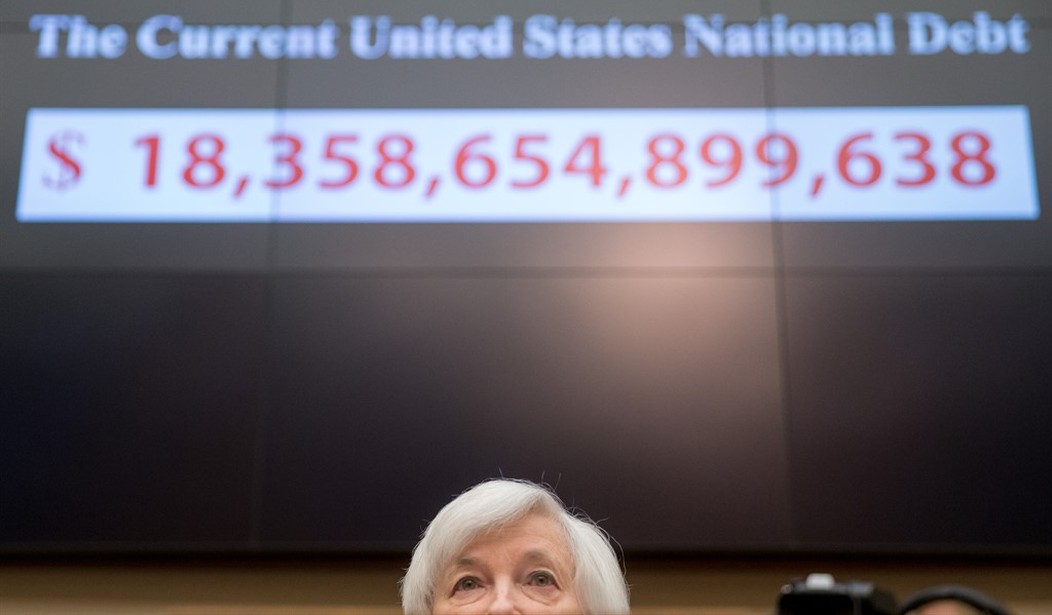In Aesop's fable, "The Boy who cried Wolf", the villagers come charging up the hillside time after time in response to the shepherd boy's false cries of alarm. That is, until the villagers finally realized their trust was being abused - and the boy paid the penalty.
I was reminded of this fable just a few days ago when I read reports about ASCAP paying a fine of nearly $2 million in regards to violations of their nearly 75 year old antitrust consent decree with the U.S. Government.
For years, American Society of Composers, Authors and Publishers (ASCAP) has repeatedly rang alarm bells, pulling political levers and playing public heartstrings, begging the Department of Justice (DoJ) for help. ASCAP keeps claiming the DoJ needs to help as the Society and its allies leverage their monopoly to license publicly performed music.
This has created an obviously awkward situation. ASCAP is the single biggest licensing group in the entire music industry with a catalog that spans more than 10 million recordings. It is the proverbial "big dog" on its porch. It is such a dominant force within the music industry, ASCAP has been forced - again by the U.S. Department of Justice - to operate for the past 75 years within strict guidelines agreed to in a consent decree which signed as a result of yet another antitrust proceeding. And yet somehow these long established guidelines were "accidentally" violated so badly last year by ASCAP was the Society was forced to pay a $2 million fine earlier this month.
The ironic part? This settlement was reached as the DoJ is also in the midst of its latest review of that same 75 year old consent decree. This review was only granted after several years of ASCAP and its Congressional allies lobbying the Obama Administration. ASCAP has been claiming the existing consent decree has damaged their ability to fully leverage their monopoly. And yet just last month, ASCAP reported that 2015 was another year of record revenue, bringing in more than $1 billion, the second year that ASCAP has gathered in royalties more than one billion dollars.
Recommended
But despite another year of more than a billion dollars in revenue, ASCAP claims that independent songwriters and composers are making less money than ever before. Really? "More revenue means less money to composers"? That is completely contradictory. If more revenue results in less payments to composers, that obviously means the fault is internal to ASCAP and its allies, inside the operations of the existing publishing collectives.
The dominant, 90% market share that ASCAP and its allies share has never been reduced by a viable alternative. Perhaps a new, realistic alternative entity would be the best option for the publishers - the actual composers of the music; Perhaps its time for artists to follow the footsteps of John Phillips Souza, Irving Berlin and the other founders of ASCAP. Those composers are who originally formed the publishing collective. Back then it wasn't a monopoly corporation with an obscure process which many of its own members publicly distrusted.
Like the villagers in Aesop's fable, perhaps the DoJ should understand that ASCAP and its allies are only crying wolf yet again. Maybe the actual songwriters and composers who depend on their royalties should join the global political upheaval against "industry insiders", and force real accountability of the ASCAP financial system. True licensing transparency and harnessing the power of big data would allow composers and songwriters to truly know how many times their material was actually performed. A simple, accurate accounting would track the millions of dollars ASCAP spends on executive bonuses, unnecessary travel expenses and wasteful big corporate spending. The result would mean a truly open and transparent licensing system, accurate knowledge by artists of when, where and how their music is being enjoyed and greater financial support to the creators of the music we all love.
























Join the conversation as a VIP Member